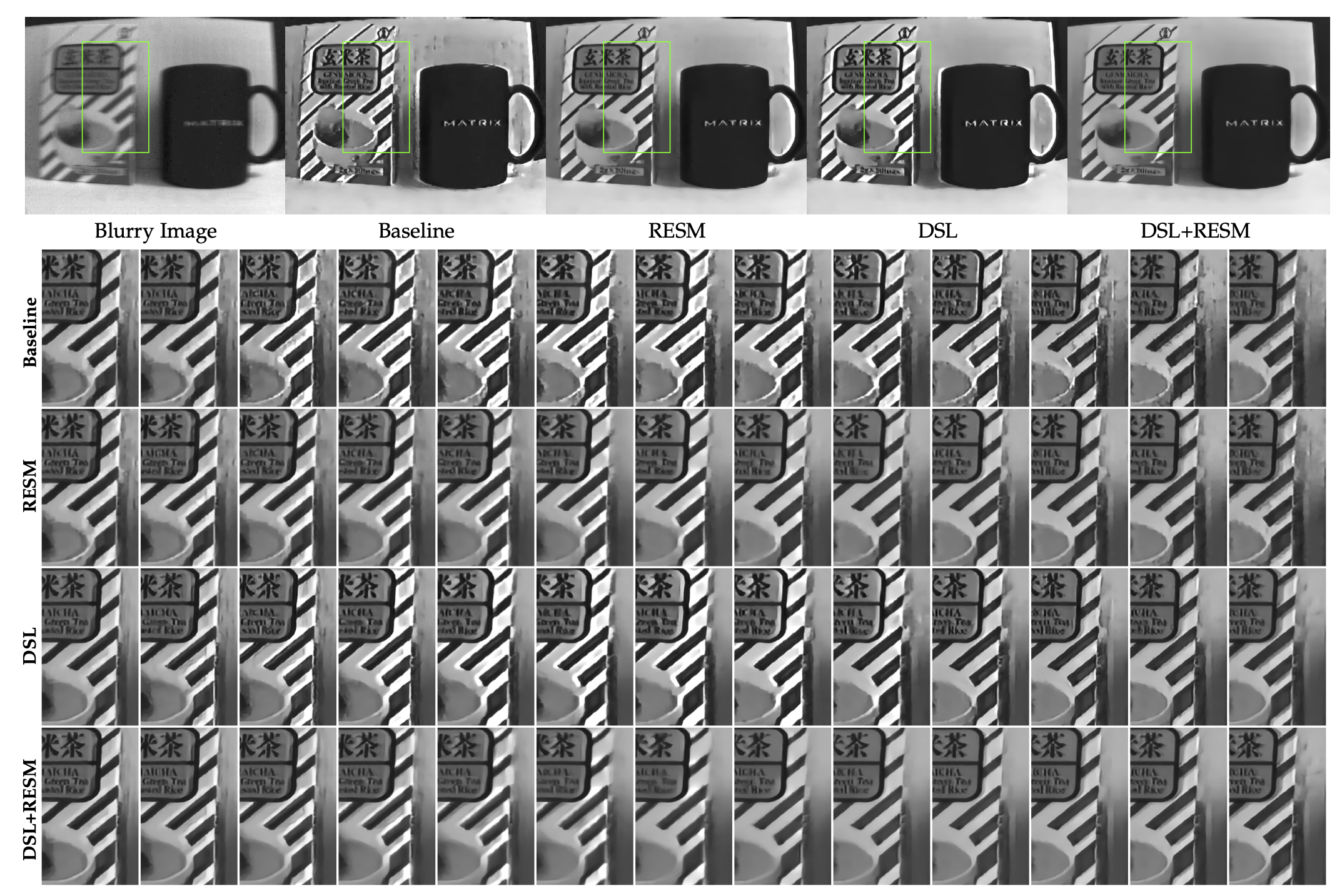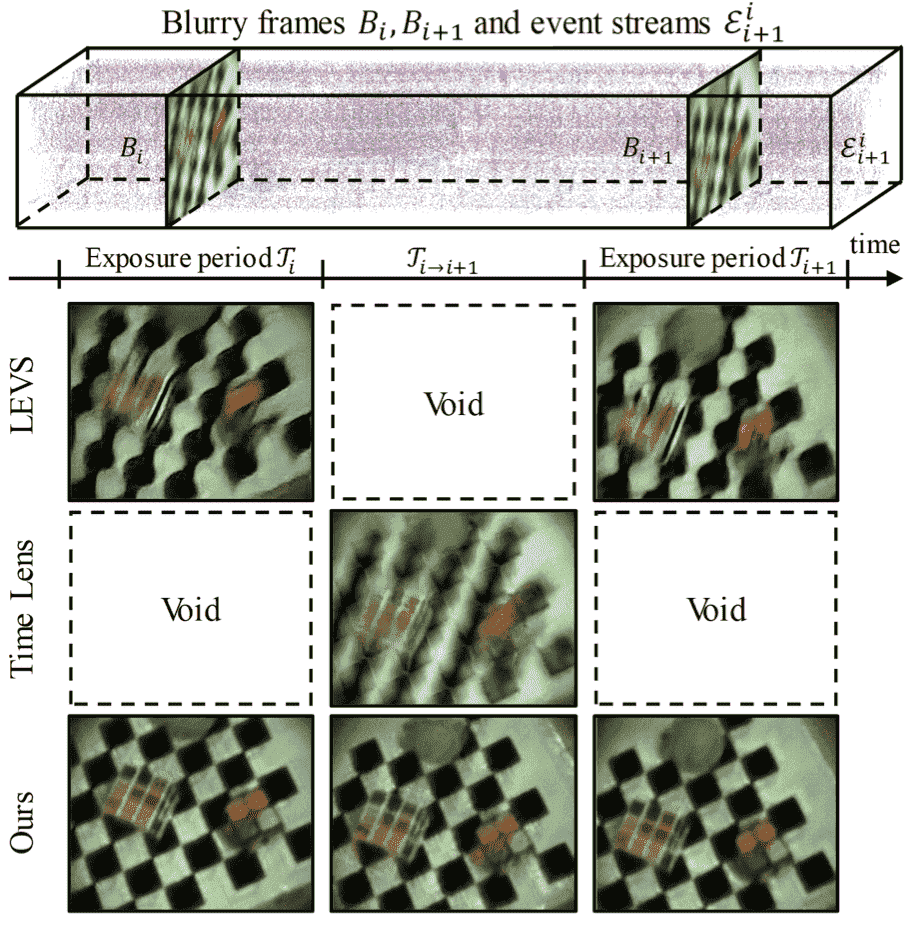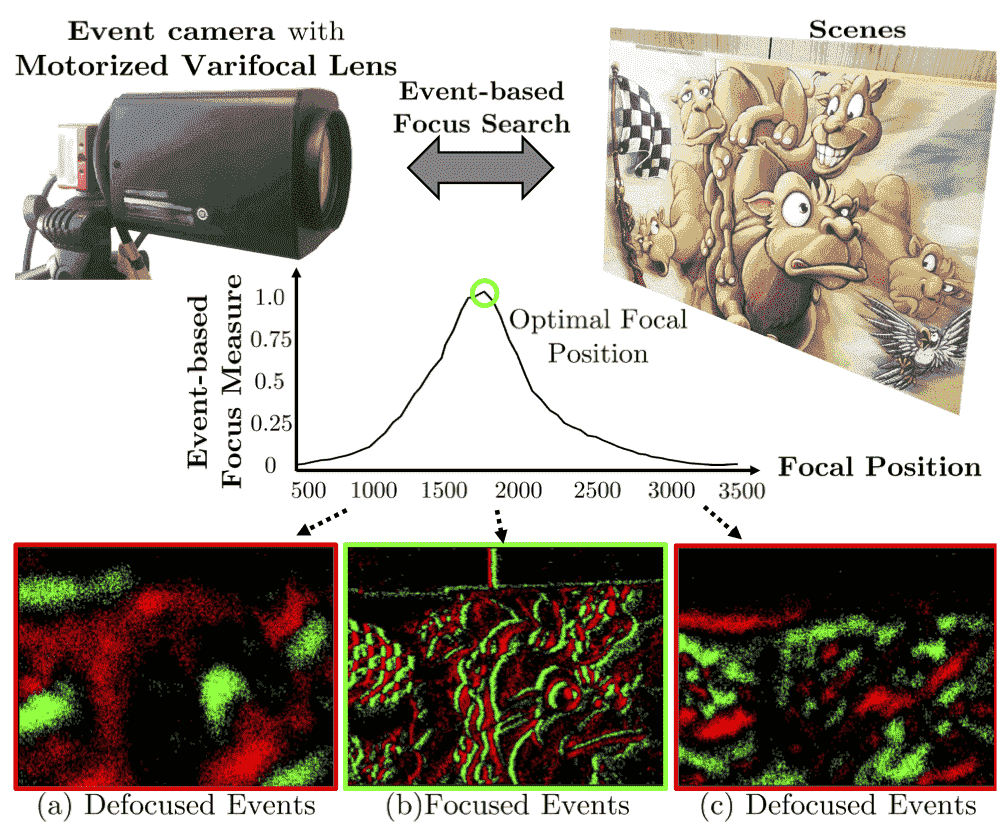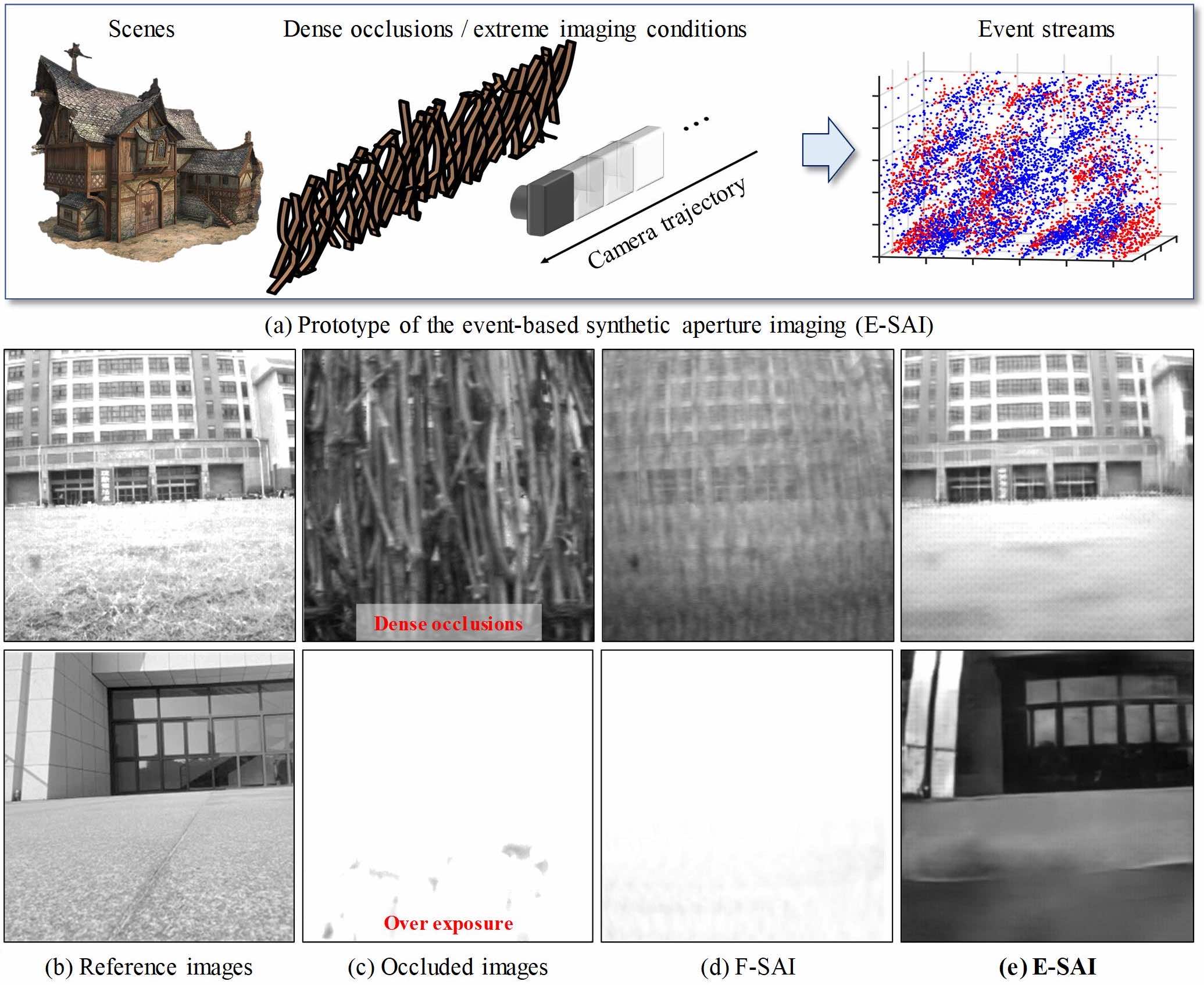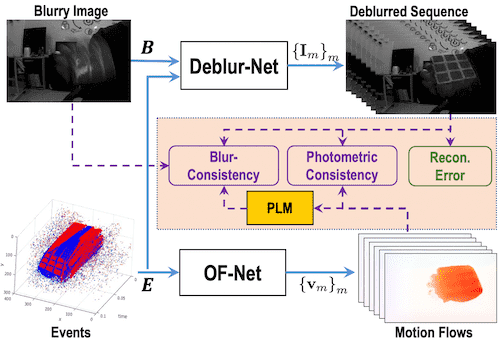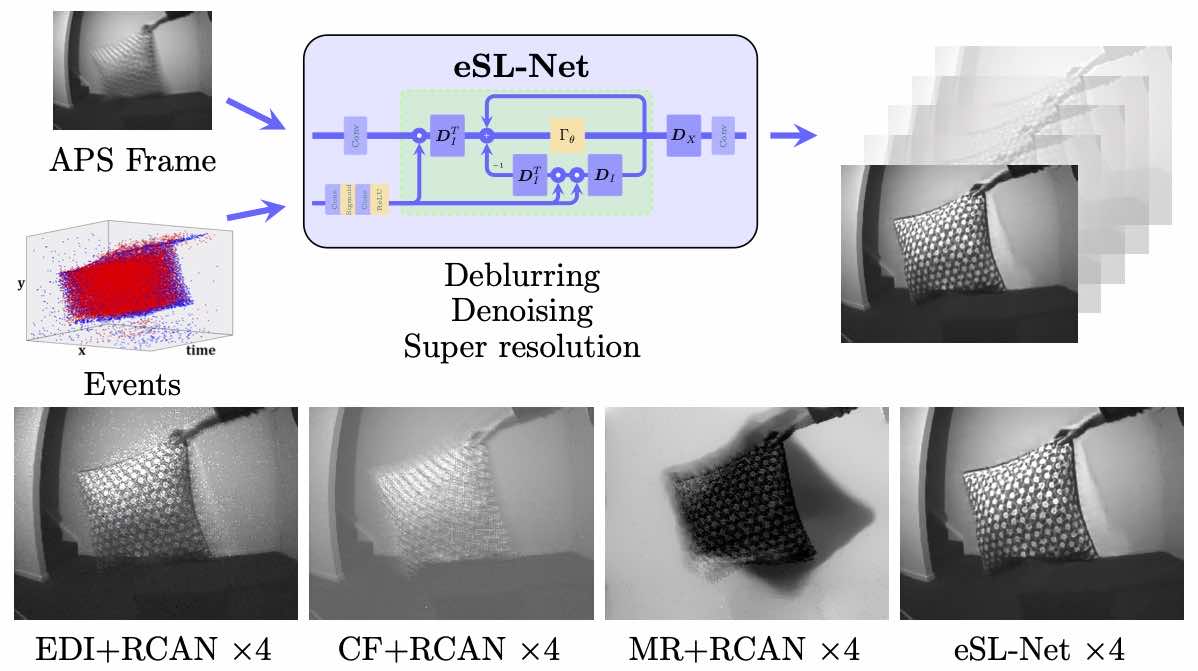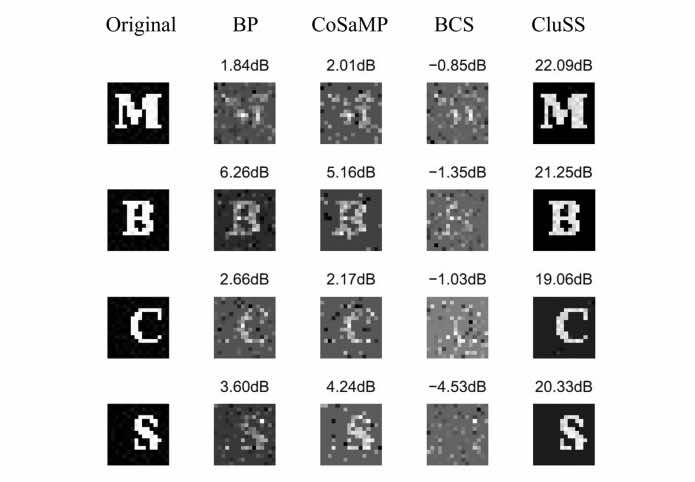Yu Lei
Associate Professor
School of Electronic and Informaion
Wuhan University
ly.wd@whu.edu.cn
I am currently an Associate Professor of the School of Electronic and Information at Wuhan University and leading a group DVS-WHU in the SPLab which is devoted for event-based perception. In general my research interest includes signal processing, deep learning and computer vision. Specifically, I am currently interested in:
- Sparse Signal Recovery
- Neuromorphic Computation
- Event-based Image Enhancement and Visual Perception
Previously, I received the Bachelor and PhD degrees in Signal and Information Processing in 2006 and 2012, respectively, both from Wuhan University. I also got a PhD degree in Automatic Control from ENSEA/Université de Cergy-Pontoise, Cergy, France, in November 2011. From December 2011 to March 2013, I held a Postdoctoral position in Empenn (former name: ViSaGe), working with Prof. Rémi Gribonval and Prof. Christian Barillot. From March 2016 to March 2017, I was working at Duke University as a visiting scholar.
News
| Sep 1, 2023 | Two papers have been accepted by ICCV 2023. |
|---|---|
| May 1, 2023 | Two papers have been accepted by CVPR 2023. |
| Jan 23, 2023 | Our paper ``Learning to Super-Resolve Blurry Images with Events’’ has been accepted by IEEE TPAMI. |
| Dec 31, 2022 | Our paper ``Spiking Sparse Recovery with Non-convex Penalties’’ has been accepted by IEEE TSP. |
| Dec 15, 2022 | Our paper ``Learning to See Through with Events’’ on E-SAI has been accepted by IEEE TPAMI. Paper, Project, Arxiv |
Selected Publications
-
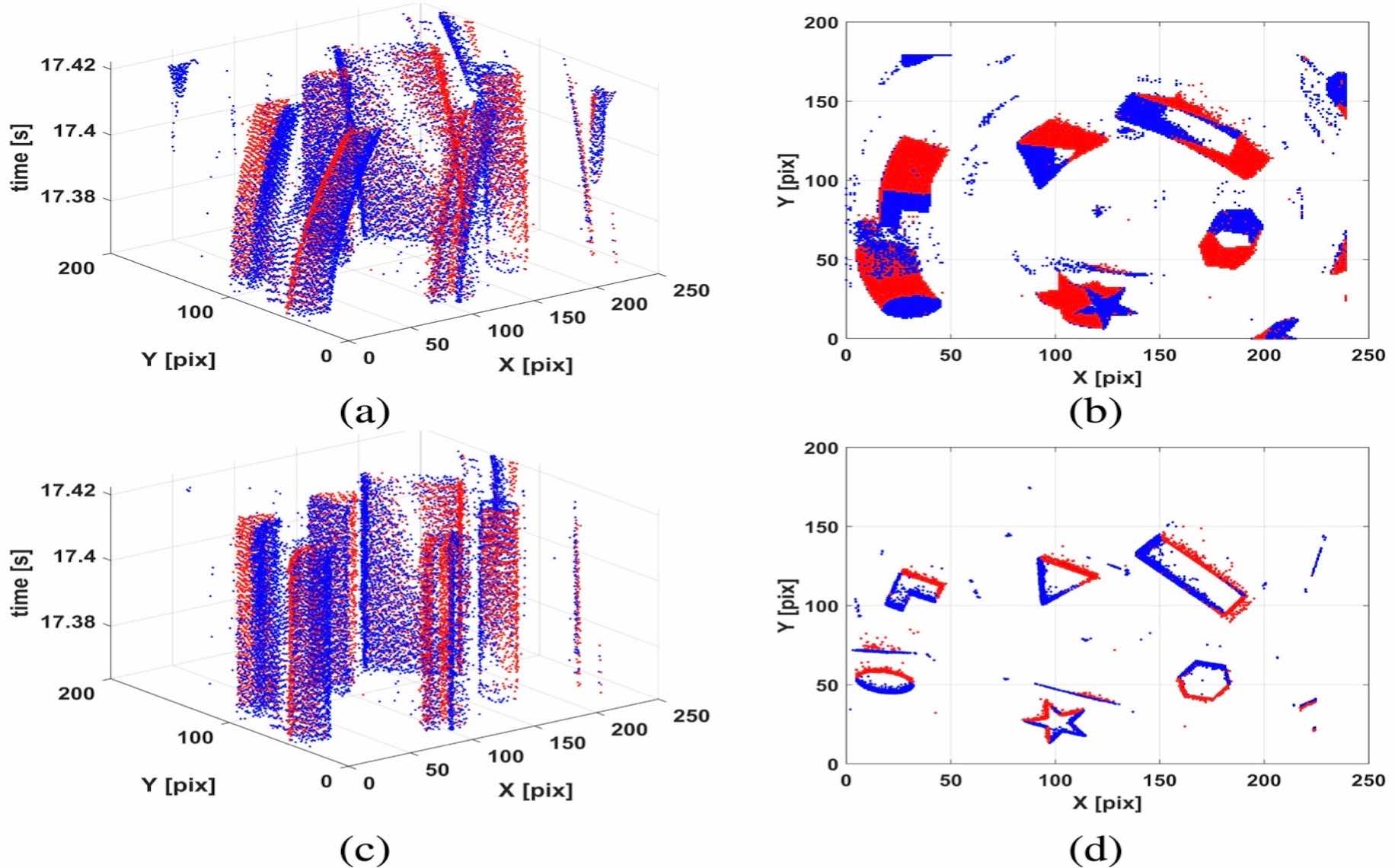 Robust motion compensation for event cameras with smooth constraintIEEE Transactions on Computational Imaging, 2020
Robust motion compensation for event cameras with smooth constraintIEEE Transactions on Computational Imaging, 2020 -
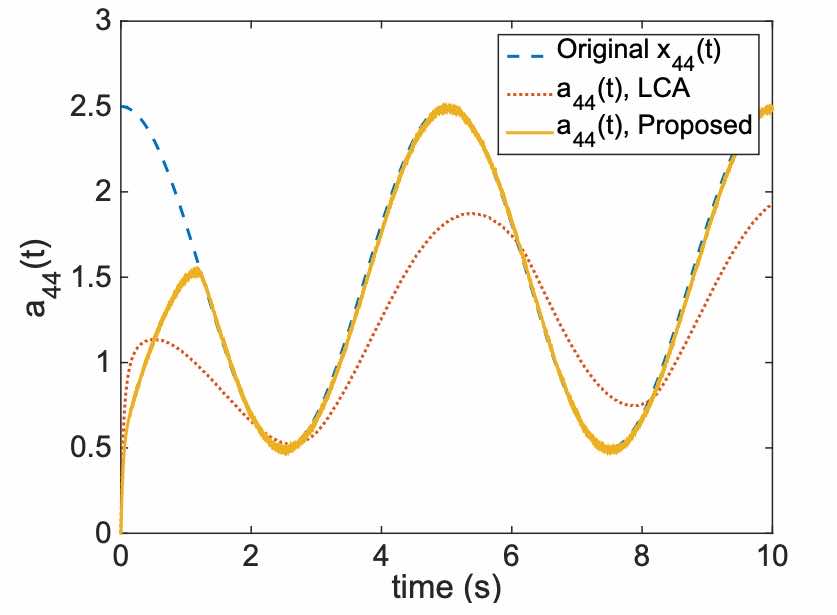 Dynamical sparse recovery with finite-time convergenceIEEE Transactions on Signal Processing, 2017🔥 TOP Journal. Recover sparse signals with analog circuits.
Dynamical sparse recovery with finite-time convergenceIEEE Transactions on Signal Processing, 2017🔥 TOP Journal. Recover sparse signals with analog circuits. -
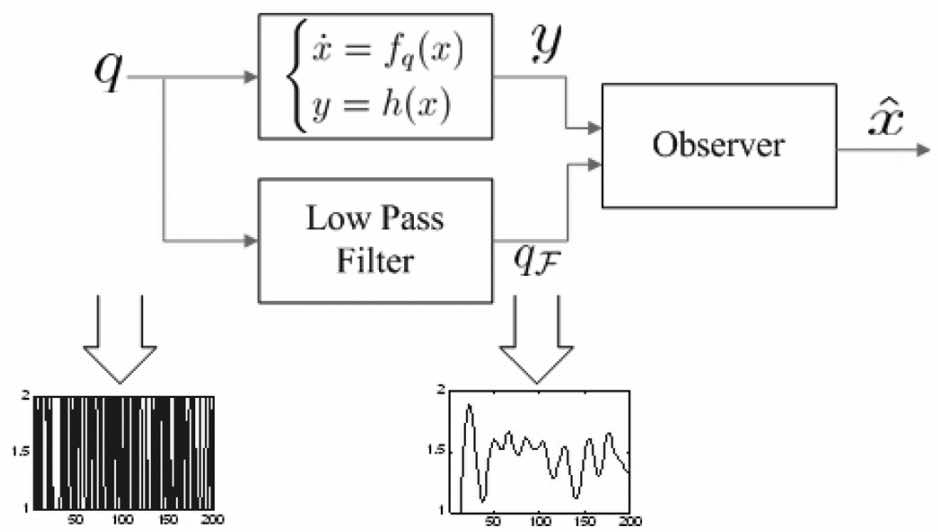 Observability forms for switched systems with zeno phenomenon or high switching frequencyIEEE Transactions on Automatic Control, 2010🔥 Top Journal
Observability forms for switched systems with zeno phenomenon or high switching frequencyIEEE Transactions on Automatic Control, 2010🔥 Top Journal -
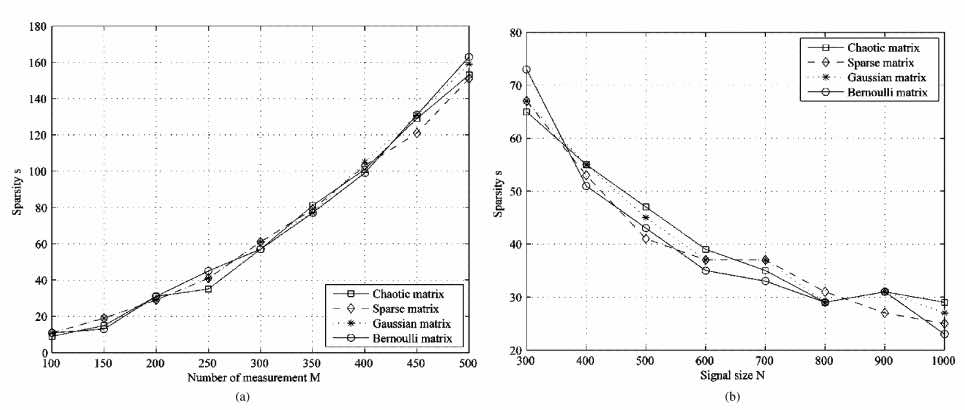 Compressive sensing with chaotic sequenceIEEE Signal Processing Letters, 2010🔥 A theoretical analysis of chaotic compressive sensing.
Compressive sensing with chaotic sequenceIEEE Signal Processing Letters, 2010🔥 A theoretical analysis of chaotic compressive sensing.
